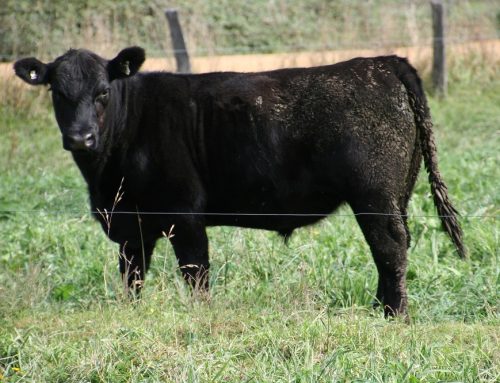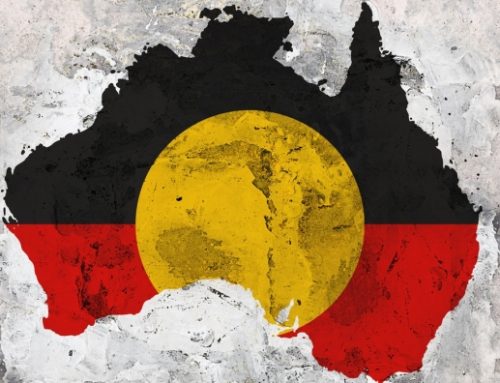The Australian Food Sovereignty Alliance (AFSA) categorically rejects proposals to expand intensive aquaculture into Commonwealth waters. We need a radical paradigm shift away from Blue Economy to Blue Justice in fisheries, which is crucial for climate justice, encompassing economic, social, and environmental justice.
The 2019 Global Assessment Report on Biodiversity and Ecosystem Services reported that ’loss of coastal habitats and coral reefs reduces coastal protection, which increases the risk of floods and hurricanes to life and property for the 100 million to 300 million people living within coastal 100-year flood zones.’[1] A key message in the summary for policymakers is that:
Economic incentives have generally favoured expanding economic activity, and often environmental harm, over conservation or restoration. Incorporating the consideration of the multiple values of ecosystem functions and of nature’s contributions to people into economic incentives has, in the economy, been shown to permit better ecological, economic and social outcomes (IPBES 2019).
The damage wrought by Tasmania’s salmon industry is well documented. In 2018, Tasmania’s Environment Protection Authority (EPA) confirmed 1.35 million salmon died in Macquarie Harbour on Tasmania’s west coast when disease tore through the intensively confined fish pens.
In 2017, it was revealed high stocking limits at Macquarie Harbour on Tasmania’s west coast had created a ‘dead zone’ around a Tassal lease. Tasmania’s largest fish farmer was forced to destock the Franklin lease and the EPA slashed the harbour’s overall stocking limit (ABC 2021).[2]
In this time of an increasing rate of climate change, we cannot afford to allow further polluting of land or marine based ecosystems through the expansion of unsustainable intensive livestock systems (including aquaculture).
Blue Economy vs Blue Justice
Asia and the Pacific region are the largest producers of fish at 61 percent of the world’s catch (FAO 2017). A ‘game-changing solution’ under the UNFSS ‘Action Area 2: Boost Nature-Based Solutions of Production’ calls for an Alliance of Blue Foods, acknowledging the importance of fisheries to livelihoods and nutrition for much of the world. However, global dialogues around sustainable fisheries and aquaculture to date typically focus on Blue Economies – the need to increase ‘sustainable’ harvests from fresh and marine fisheries, and to radically increase the volume of production from intensive aquaculture for food and nutrition security in the Global South. Civil society organizations including La Vía Campesina and the International Planning Committee for Food Sovereignty (IPC) have for many years rejected the proposals to boost production from over-fished inland and marine waters and intensive aquaculture, highlighting the devastation already wrought to terrestrial and marine ecosystems by intensive livestock production.
In contrast, representatives for fisherfolk globally are demanding Blue Justice, which ensures food sovereignty through social justice, gender equity, environmental justice, ecosystem services, economic benefits, tenure access and empowering fishing communities who depend on the aquatic resources. Blue Justice is a much-needed counter-narrative to the pro-growth agenda of multinationals that dominates global fisheries governance. ‘Blue Justice Alert: An Interactive Platform for Securing Small Scale Fisheries’[3] is a welcome development supporting the efforts of the world’s fisherfolk to protect lives and livelihoods by providing a platform for horizontal knowledge sharing about the challenges they face and the ways they are addressing them.
[1] https://ipbes.net/document-library-catalogue/summary-policymakers-global-assessment-laid-out[2] https://www.abc.net.au/news/2021-12-01/tas-salmon-industry-fights-back-against-negative-press/100661988[3] http://toobigtoignore.net/blue-justice-alert-project/ (accessed 2 October 2021).





